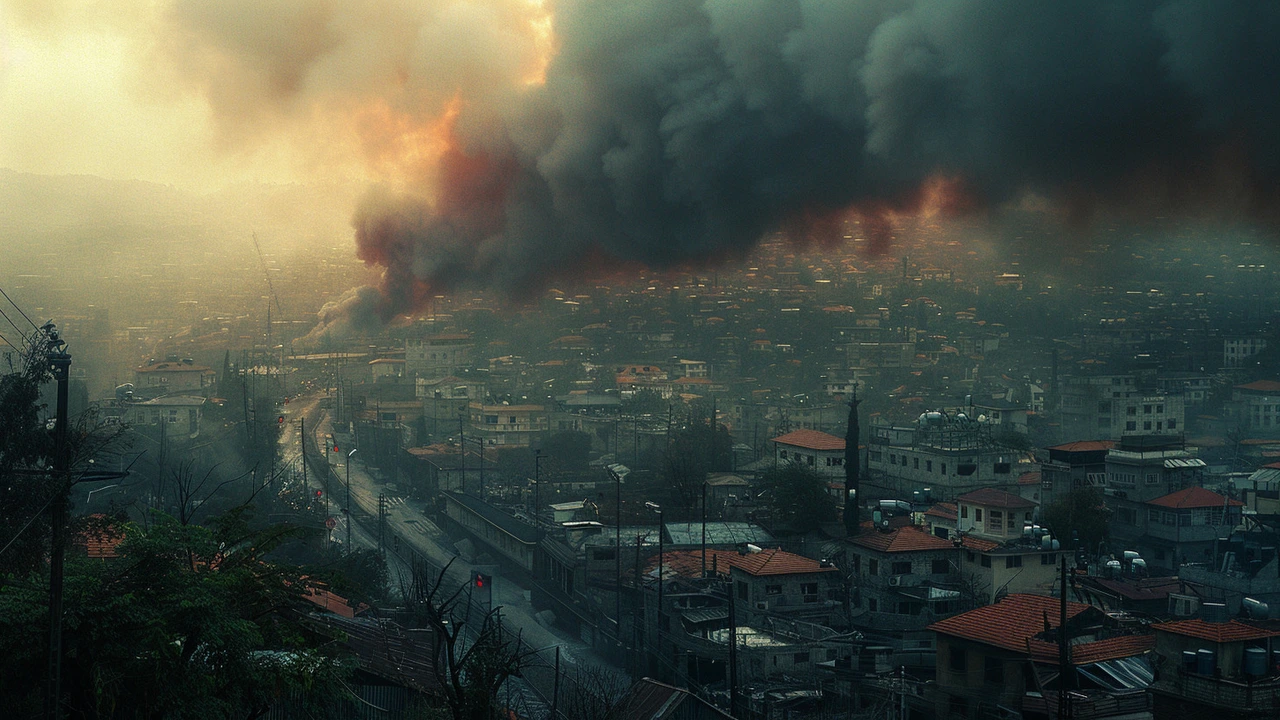Understanding the State of Emergency and Its Impact
Ever wonder what happens when a government declares a state of emergency? It’s more than just a headline. A state of emergency is a special status that lets authorities take quick action to protect people during crises like natural disasters, conflicts, or security threats. It can change how laws work temporarily and gives the government extra powers to respond fast.
This status often allows officials to control movement, allocate resources efficiently, and even limit certain freedoms to keep everyone safe. For example, during floods or riots, authorities might restrict travel or close certain areas to prevent harm or chaos. Basically, it’s about putting public safety first when normal rules don’t cut it.
When and Why States of Emergency Happen
States of emergency are usually triggered by events that overwhelm usual responses—think dam failures, widespread flooding, or sudden violence. They signal that life as usual can’t continue until things get back under control. The recent collapse of the Alau Dam in Maiduguri is a prime example, where the government had to act swiftly to help hundreds of thousands displaced by flooding.
Beyond natural disasters, states of emergency may also come up during political unrest or major security issues. When that happens, the government steps in to maintain order while balancing respect for civil rights. It’s a tricky tightrope, but the goal is always to restore calm and safety as fast as possible.
What It Means for You
For regular folks, a state of emergency might mean curfews, travel limits, or changes in how services work. It can feel restrictive, but these measures aim to protect communities and speed up aid. Knowing the rules during these times helps avoid trouble and keeps everyone safer.
Keep an ear out for official announcements and don’t ignore warnings. Staying informed lets you prepare better, whether it’s stocking essentials or knowing where to seek shelter. The quicker communities work together, the smoother the recovery.
Curious about how different emergencies have been handled or what’s happening globally under such measures? Follow updates on the Village Gazette to stay connected with real stories from places facing states of emergency today.

A state of emergency has been declared in New Caledonia following deadly riots sparked by France's proposed changes to election regulations. The unrest resulted in multiple fatalities and significant arrests. This heightened tension highlights the deep-seated concerns of the Indigenous Kanak people concerning their political influence and socio-economic inequalities in the French territory.
Read More